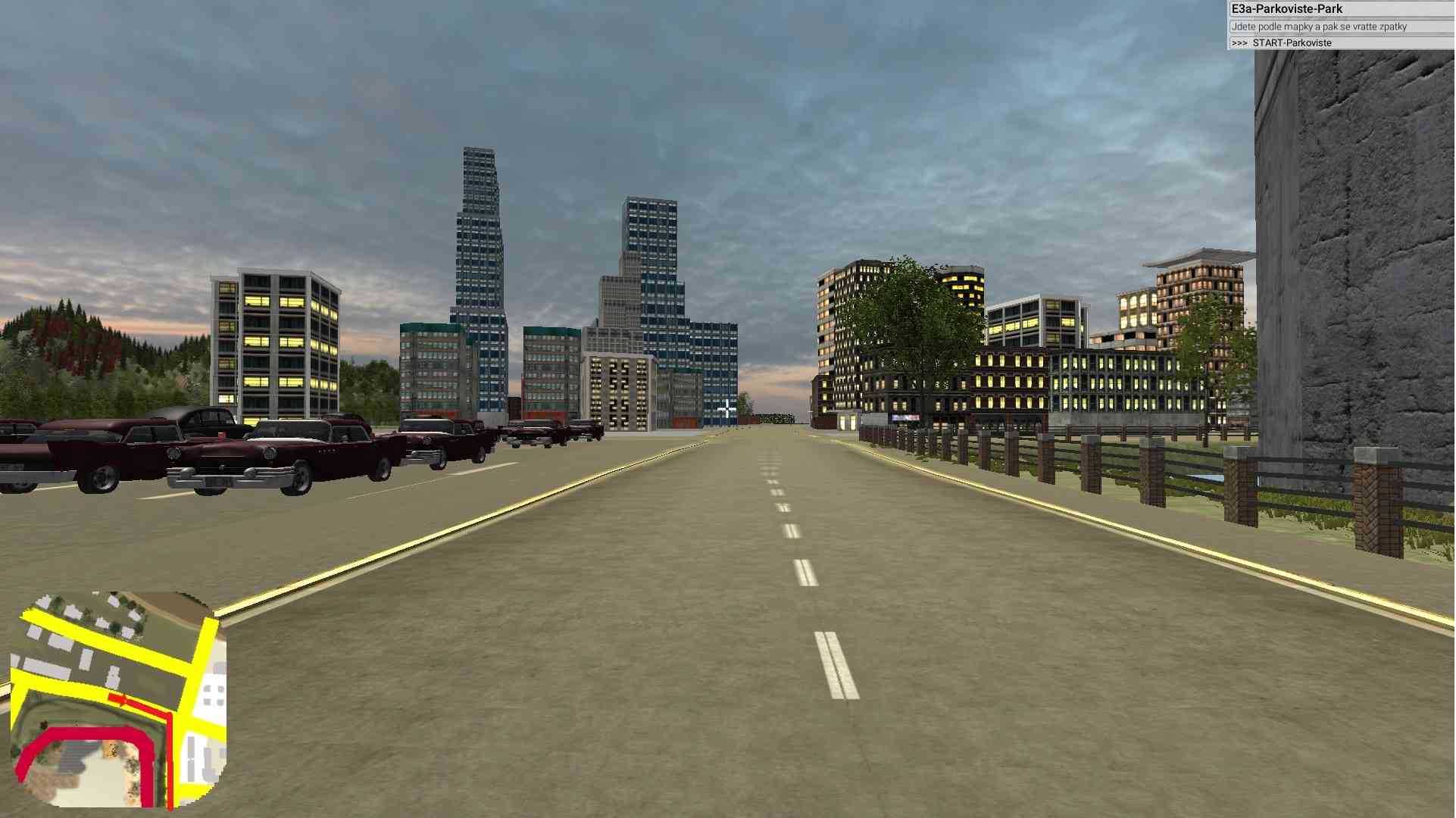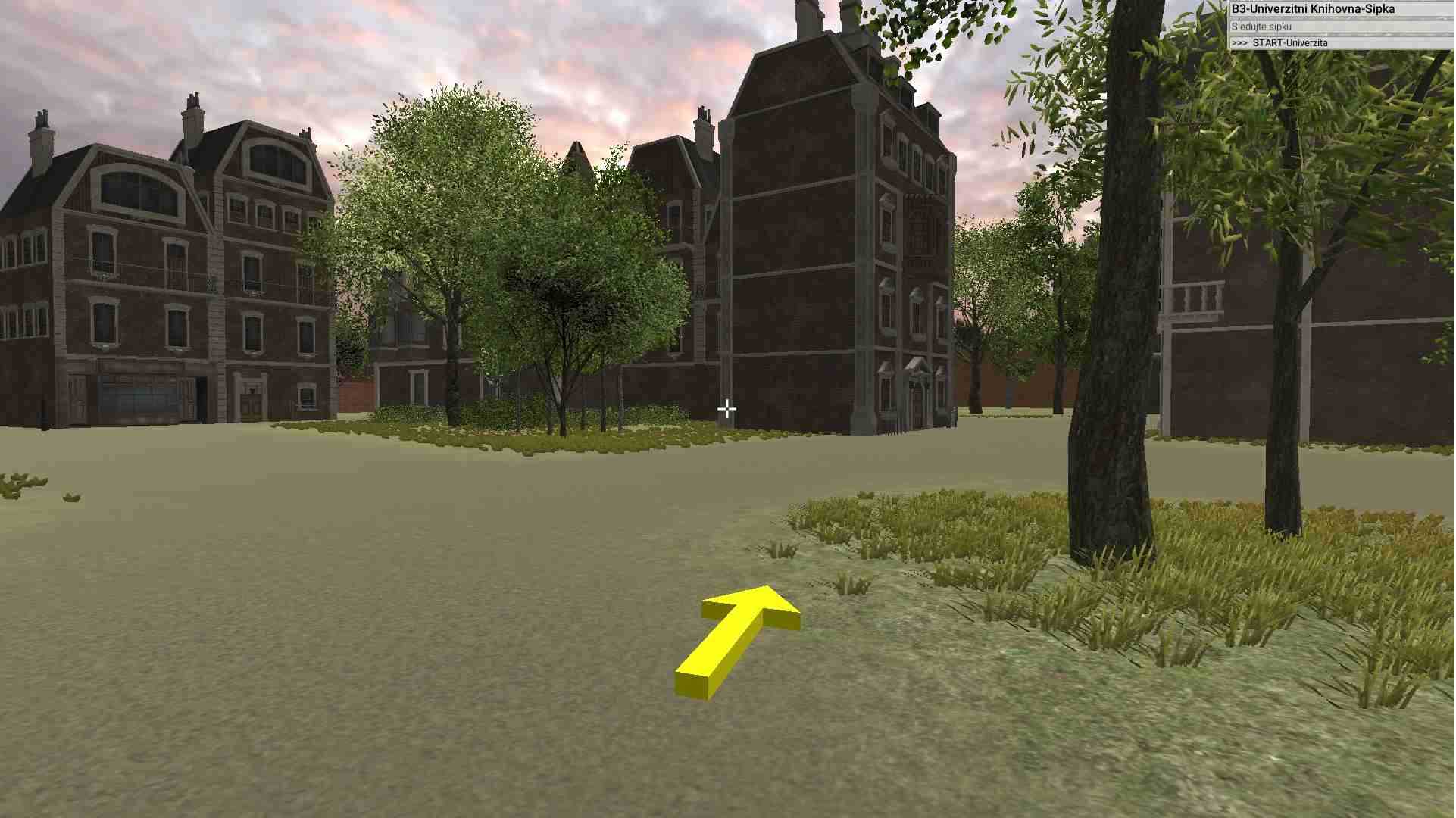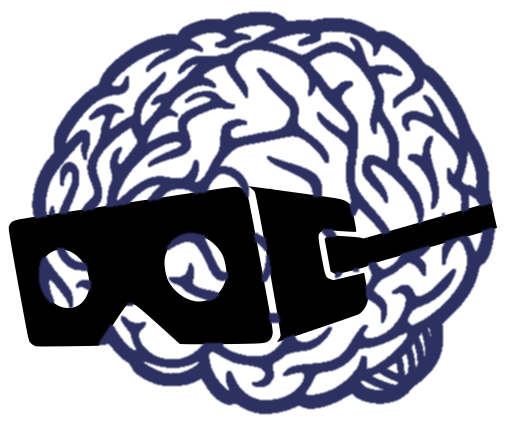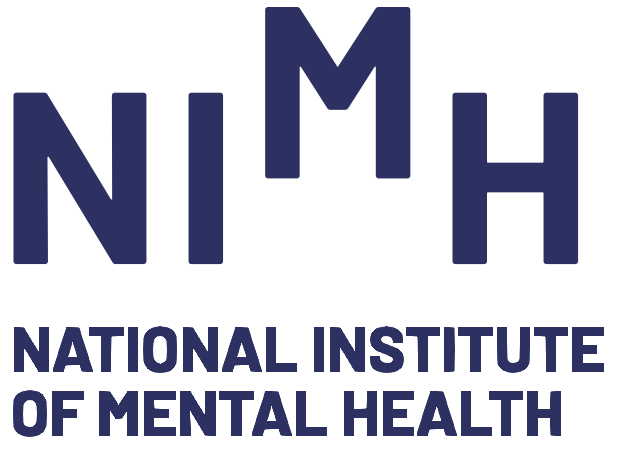
This project involved testing changes in cognitive functions depending on the use of navigation technologies in everyday life. The participants had the task of proving their navigational abilities in the environment that was as natural as possible. We observed participants' eye movements, activation of brain structures, and we long-term monitored the impact on cognitive functions using a battery of neuropsychological tests.

As part of the project, we built a large city with 42 landmarks. In total, over 60 participants participated in the study in the National Institute of Mental Health CZ (NIMH CZ). The participants spent the whole morning or afternoon under our care. In total, each person completed 62 navigational tasks, some of them with an eye-tracking device, some of them in magnetic resonance imaging (MRI).
The results showed a relationship between the time people focused on the navigational aids (map/arrow) and the quality of the mental map they created. One of the interesting conclusions was that the more people followed a GPS or other external navigational indicator, the slower and worse routes they chose in tasks where they had to navigate by themselves.


